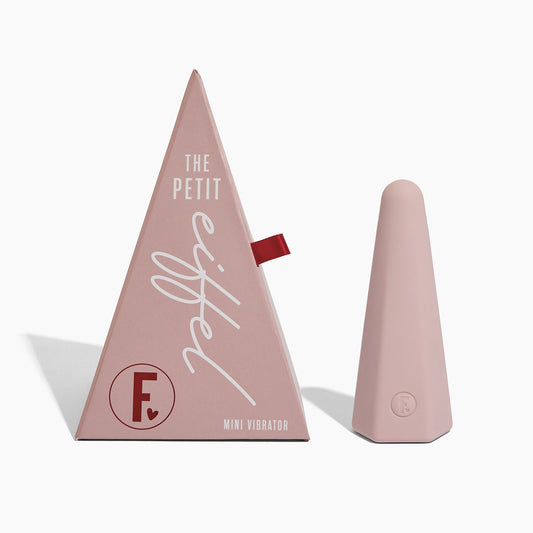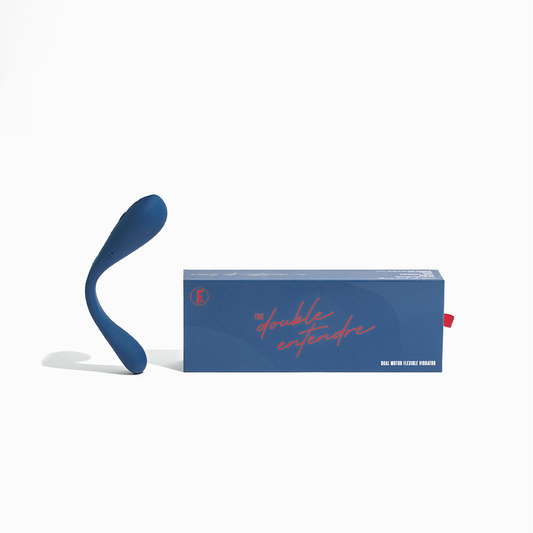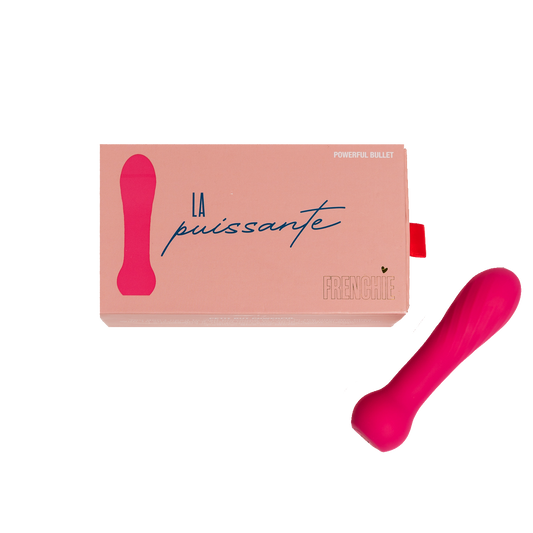How the new darling of skincare is revolutionizing the sexual health marketplace
While essential oils and vitamins may seem like natural choices for supplements to a healthy skincare routine, a chemical containing the term “acid” may be more off-putting. However, hyaluronic acid is neither caustic nor harmful, reddening nor irritating for most skin types, actually recommended for people with oily or combination skin due to its water-based nature. As explained in Isadora Baum’s article “What is Hyaluronic Acid, and How Does it Benefit Your Skin” for Allure, hyaluronic acid maintains the skin’s structure by trapping water and binding to collagen at the same time, giving skin a younger, fresher appearance because of its renewed moisture content.
Facial Skincare
From moisturizers and serums to masks and injections, hyaluronic acid has made its way into nearly every type of skincare product available on the market today. One of the reasons hyaluronic acid has become so popular in recent years is the vast amount of research surrounding the chemical; it is a naturally occurring glycosaminoglycan (a complex polysaccharide that makes up connective tissue within the body) that contributes to the structure of the skin. According to Dr. William Kwan, MD, quoted by beauty writer Bella Gerard in her article “The 7 Best Hyaluronic Acid Serums Dermatologists Love for Hydrated Skin” for Health, hyaluronic acid is an effective element in skincare products because it is a “’humectant that attracts water, hydrating skin without making it oily.’”
For those who may not know, a “humectant” is a “water-loving ingredient that draws moisture into the stratum corneum, the top layer of skin, whether through the environment or through the deeper layer of skin (the dermis),” as explained by Good Housekeeping’s Beauty Lab chemist Danusia Wnek. Gerard notes that dermatologists who stand behind hyaluronic acid boast of its “serious anti-aging benefits,” including “delaying skin thinning, itching, and the overall aging process” by reinforcing the skin and preventing irritation, dullness, and drying that can contribute to breakdown of collagen and other protective elements over time.
Vulvovaginal Skincare - Why you should use a Hyaluronic Acid Lubricated Condom
Personal use lubricants are typically either water-based, silicone-based, or oil-based; water-based lubricants are most commonly recommended by dermatologists and sexual health professionals because, according to Berkeley Wellness, a partner of the University of California at Berkeley, “they’re widely available, safe to use with latex condoms, and easy to wash off with soap and water.” One downside of most water-based lubricants is that they “tend to evaporate faster than other types;” however, hyaluronic acid prevents water from evaporating quickly by binding it to the internal structures of the skin. Hyaluronic acid often eschews the need for the inclusion of glycerin, which may cause irritation or allergic reaction.
Oil-based lubricants are typically not recommended because they cannot be used with latex condoms (the chemicals within the lubricant will break down the latex) and because they “may increase the risk of urinary or vaginal infections.” Likewise, silicone-based lubricants cannot be used with many sex toys because “the lubricant tends to solidify on the toy,” damaging or destroying it. Silicone-based lubricants may also contribute to urinary tract or yeast infections because some leave residue behind, even after you have washed it away. As such, silicone-based lubricants are more commonly recommended for non-vaginal sex. Using a condoms with hyaluronic acid lubricant (like those offered by sustainable, eco-conscious brand Frenchie) will allow for a sexy experience without any need for “sexual healing” afterward!
Reducing Vaginal Dryness
According to the Cleveland Clinic’s article “Vaginal Dryness During Sex: Why it Happens to You,” while vaginal dryness occurs most commonly in women entering or exiting menopause, women of any age may experience vaginal dryness and its associated lifestyle complications (painful sex, itching, discomfort, etc.). The clinic notes that changes in estrogen and other hormone levels, some medications, and ill-advised over the counter treatments like douching may contribute to breakdown of the vaginal tissue and diminishing of the “clear odorless fluid” that normally hydrates the vaginal walls.
Studies have shown that hyaluronic acid, when formulated as a topical vulva cream for menopausal women, has aided in reducing pain and discomfort due to vaginal dryness by recreating the fluid that typically lines the vaginal walls. Hyaluronic acid is ideal for treating vaginal dryness and preventing tearing due to sexual activity because, according to April Franzino in her article “What Are Humectants in Skincare? Beauty Scientists Explain” for Good Housekeeping, it is designed to “keep tissues cushioned and lubricated” without leaving behind an oily residue. A 2016 clinical trial examining the effectiveness of hyaluronic acid vaginal creams to treat vaginal atrophy in women going through menopause, found that “dryness, itching, maturation index, pH, and composite score of the vaginal symptoms” associated with vaginal atrophy “were all relieved significantly.” In fact, the study found that “hyaluronic acid was more effective” than taking estrogen to reduce the unpleasant vaginal symptoms associated with menopause.
Just as external creams containing hyaluronic acid aid in reducing vaginal dryness, so do other sexual health products containing the ingredient, including condoms offering it as an alternative to oil-based lubricants.
Maintaining pH Balance to prevent infection
According to the Mayo Clinic, yeast infections occur when a vagina’s pH balance is disrupted due to “an overgrowth of candida or penetration of the fungus into deeper vaginal cell layers.” This overgrowth can be caused by “antibiotic use, pregnancy, an impaired immune system, taking oral contraceptives or hormone therapy…douching, scented feminine products, staying in wet clothes” and a number of choices made during and after sexual activity. These can include anything from the type of lubricant used to the clothes put on after sex (i.e. wearing underwear after sex is not recommended).
Whether a urinary tract infection (UTI) will become problematic is also partially predicted by balanced pH within the body; a study referred to in the Urology Times explained that “changing pH by itself promoted or inhibited bacterial growth in urine.” As such, choosing the right lubricant, toys, and condoms for your body is incredibly important for maintaining balanced PH. In Cory Silverberg’s recent article “A Definitive Guide to Silicone Skin Lubricants” for LiveAbout.com, the writer explains that “yeast-infection prone people may want to steer clear” of silicone-based lubricants, because they “tend to stay in the vagina until it's expelled, which can take a day or two.”
Choosing Frenchie’s beret condoms with hyaluronic acid over a silicone-lubricated condom may prevent the development of an environment in which thrush, UTIs, and yeast infections are most likely to occur and may also protect the vaginal walls and vulva from tears, abrasion, and swelling common with improperly lubricated friction.






